While Russia continues its war against Ukraine after almost two years, life in the country naturally goes on. This also applies to the DIY trade.
The French chain Leroy Merlin is still the market leader by far, with a turnover of more than RUB 500 bn (around EUR 7 bn at the exchange rate at the time) in 2022, ahead of Petrovich with more than RUB 100 bn. In the summer, the Adeo Group announced that it would relinquish control of Leroy Merlin's Russian branches. The figures come from the Russian market researcher Infoline.
Obi is ranked 8th in its industry ranking in 2022, the year of withdrawal. Contrary to the explicit contractual agreement, the new operator continues to use the brand in Russia.
What is the current state of the industry? The diy and diyinternational.com editorial team was able to talk to a proven expert: Ilya Kornyukhov (52) led the project for Obi's market entry in 2001 and held various positions in the management of Obi Russia until 2006. Later, he advised Dehner and Hagebau, among others, and from 2012 to 2016 he was managing director of the purchasing cooperative Union DIY, which brought together 15 Russian companies with a total of 120 DIY stores and a turnover of around EUR 1 bn.
The graduate engineer with a Master of Business Administration degree, who is married to a Ukrainian woman, studied in Magdeburg, among other places, and speaks fluent German. Currently, Kornyukhov works for a supermarket chain, but keeps in touch with the DIY sector in Europe as well, to which he would like to return. "I am available with my knowledge of the industry," he says.
How is the DIY and home improvement market currently developing in Russia?
Ilya Kornyukhov: The market is experiencing changes related to the redistribution of shares between Russian and European suppliers. Some international brands have stopped their activities in Russia and are immediately replaced by Russian and Chinese manufacturers. However, many leading European brands are still active in Russia. Some companies supply their products to Russia through other countries, but in this case their market share and weight is decreasing rapidly.
A more serious trend is a significant increase in the share of sales via online channels. In 2022, four marketplaces - similar to Amazon - were among the top 10 in terms of DIY sales, and their sales growth is more than 100 per cent every year.
The level of online trade in Russia is very high. In Moscow, for example, groceries are delivered to any…

 Menü
Menü




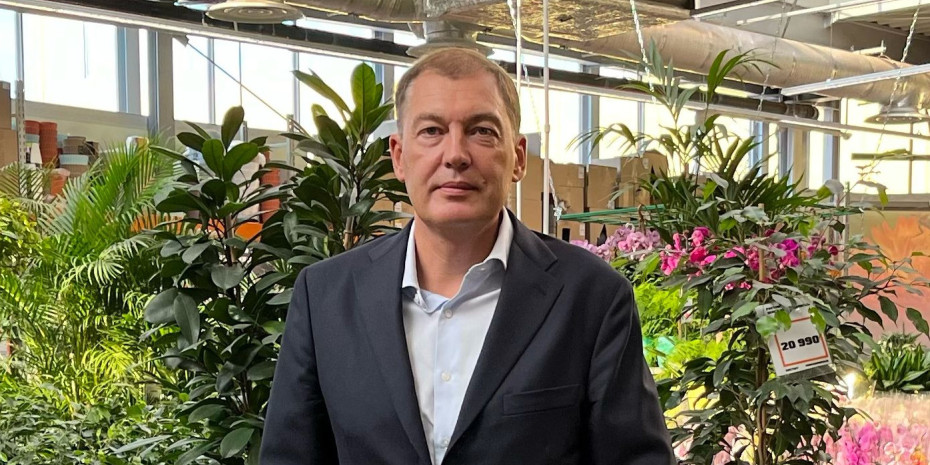

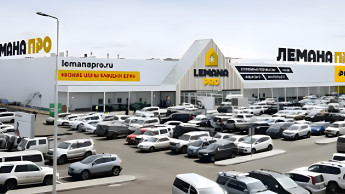

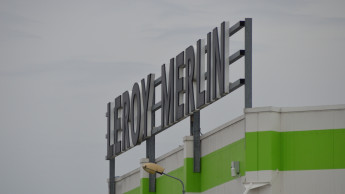
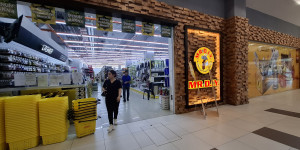


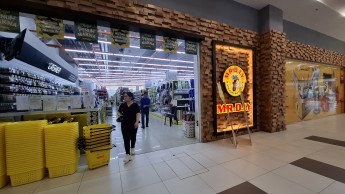


 Newsletter
Newsletter